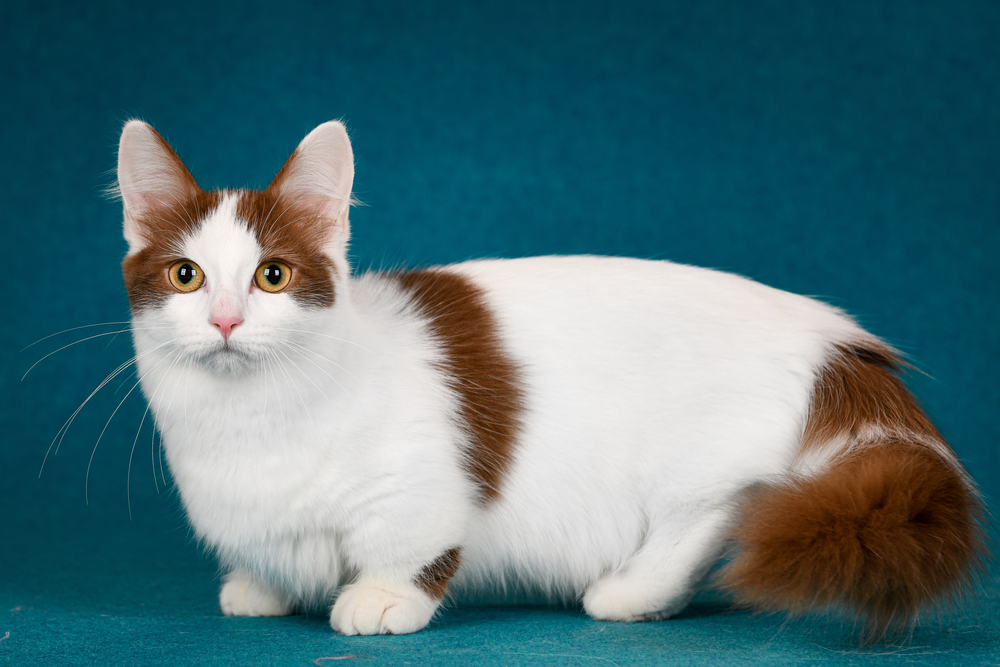
Watching cute cat videos has become a hobby in of itself in modern times, and we’re here for it. Some particularly cute kitties seem to go viral all the time, and it’s no surprise that many of the most popular videos on TikTok feature an adorable munchkin cat. Whether you’re a longtime fan or you recently discovered the breed online, you may wonder what a munchkin cat even is. Let’s find out more about these curious kitties.
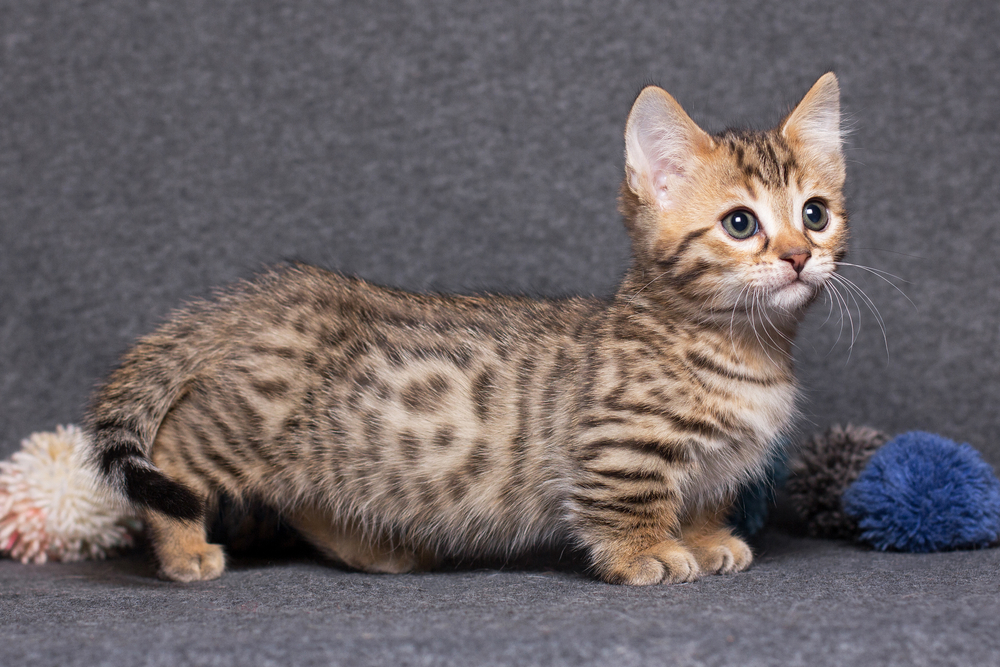
Munchkin cats: Getting to know the breed
With their short, stubby legs, elongated bodies, and insatiable curiosity, munchkin cats are a unique breed in the world of cats. In fact, these short-legged stunners wouldn’t look entirely out of place in fantastical literature. (Is it just us, or do munchkin cats look like the noble steeds of fairy kings and queens?) Munchkin cats have appeared and disappeared many times throughout history because this genetic mutation can pop up anywhere. However, the modern-day munchkins come from the tiny town of Rayville, Louisiana.
Sandra Hochendel, a Rayville music teacher, found two pregnant munchkins — one black, one gray — cowering underneath a truck. Hochendel kept the black cat, which she named Blackberry, and she rehomed the gray cat, dubbed Blueberry. Unfortunately, no one knows what became of Blueberry, but we can attribute all modern-day munchkins to Blackberry and her progeny.
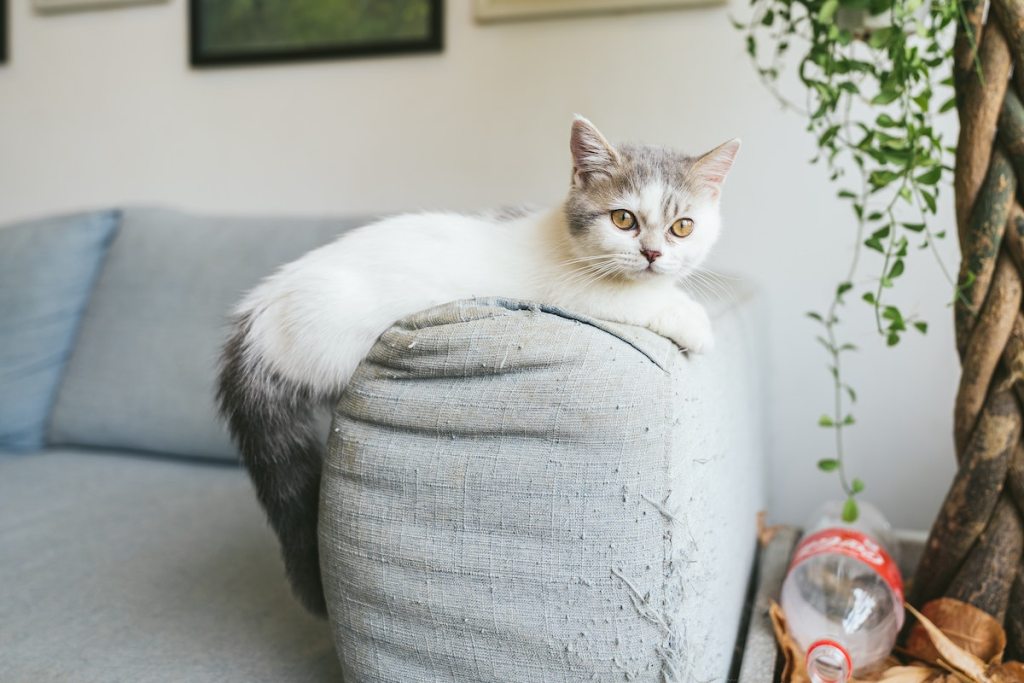
Do munchkin cats always stay small?
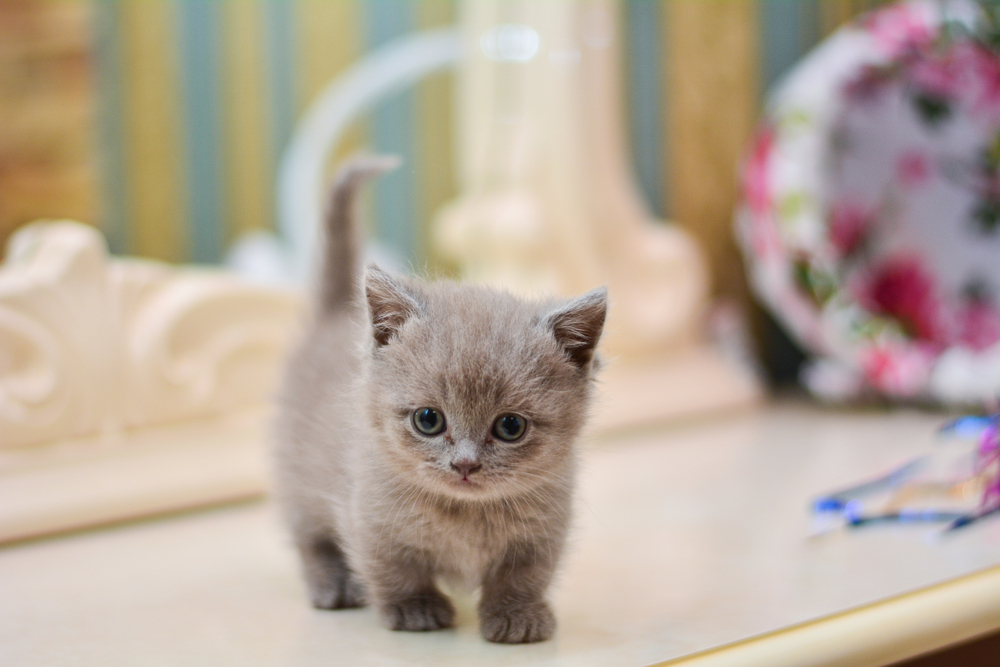
Munchkin cat size, personality, and health
Like the Sphynx and Manx, munchkin cats are the direct result of inbreeding, which can lead to a host of health problems — and occasionally behavioral issues. If you’re looking to adopt one of these precious cats, you need to be aware of a few things first. We’re here to walk you through everything you need to know.
Size
With their stubby legs and plush coats, which can make them appear larger than they really are, the munchkin cat is classified as a small-medium cat breed. As with all cat breeds, males tend to be larger than females. A male munchkin cat usually weighs somewhere between 6 and 9 pounds, while females are smaller, weighing between 4 and 8 pounds.
Personality
Not only are munchkin cats adorable, but they’re also one of the most affectionate breeds in the world. Munchkins love spending time with their human family members, including children. (Just remember to monitor your kids while they play with the family fur baby!) You’ll also need to make sure not to leave valuable jewelry lying around the house. The munchkin’s affinity for shiny things has drawn comparison to birds, earning the breed the nickname “magpie.”
Munchkin cat life span and health issues
Cat aficionados on both sides of the fence are eager to hiss their opinions on the breed. Fortunately for munchkin cat fans, these fur babies can live a comparatively normal life span with proper care. While they aren’t as long living as some breeds, munchkins live a respectable 12-15 years.
But we have some sad news, too. Munchkins owe their adorably stubby legs to a genetic mutation, which can lead to painful health issues like osteoarthritis. While treatment for arthritis is readily available, would-be pet parents should monitor their fur baby’s weight, as carrying extra pounds places unnecessary pressure on their already-stressed joints. A well-rounded diet, regular exercise, and staying in touch with your veterinarian can help you keep cats of any breed as healthy as possible for as long as possible.
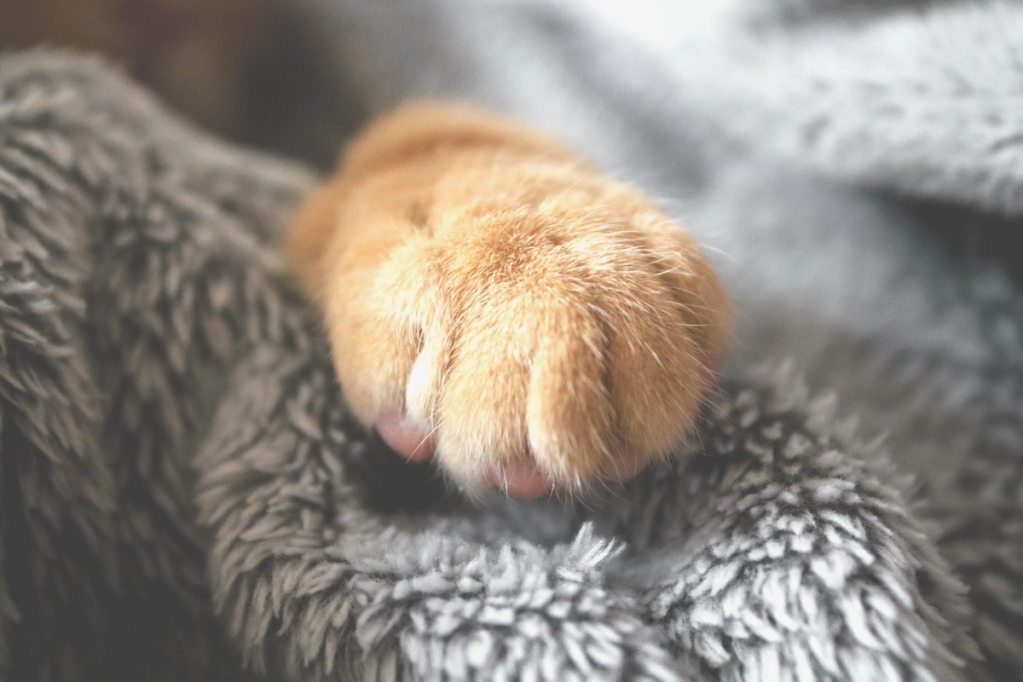
Is a munchkin cat a good pet?
Munchkin cats can make great pets for many families. Though small in size, munchkin cats have big, loving personalities. Though cats have a reputation for “hiding” and being “anti-social,” that’s not always true. Munchkin cats usually buck the trend and adore spending time with family members of all ages. Still, you’ll always want to keep an eye on small children around munchkin cats, and always check their body language for signs of distress. This advice is standard for all animals, but munchkin cat’s small size makes them more susceptible to injuries. A shelter can do a meet and greet with you and a munchkin cat to ensure you and your family are the best fit to care for the specific kitty.
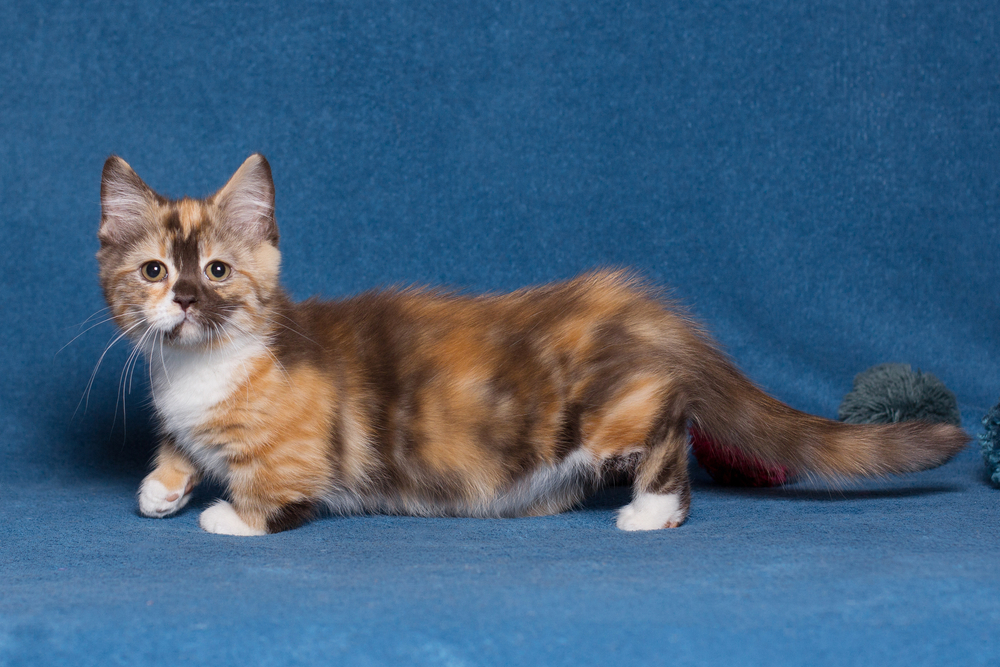
Munchkin cat price
If you’ve set your sights on bringing a munchkin cat into your home, you’re probably asking yourself, “How much is a munchkin cat?” Unfortunately, the answer is, “That depends.”
Many factors influence the cost of a munchkin kitten. While disreputable breeders sell kittens for lower prices, we strongly urge you to avoid purchasing from these vendors. Flagrant disregard for the welfare of their animals, health issues, and deplorable living conditions are common at low-cost breeding facilities. Reputable breeders price munchkin cats in the $500-$1,500 range on average, though if you have your heart set on a famous bloodline or unusual coat pattern, you could expect to pay as much as $2,000-$3,000.
While the breed isn’t without its controversies, the munchkin cat is here to stay. Will munchkins become as accepted as Sphynx and Manx cats? Only time will tell. In the meantime, we encourage prospective munchkin parents to research breeders thoroughly, stay on top of vet visits and vaccinations, and share their feline family on social media for the rest of us to enjoy.



